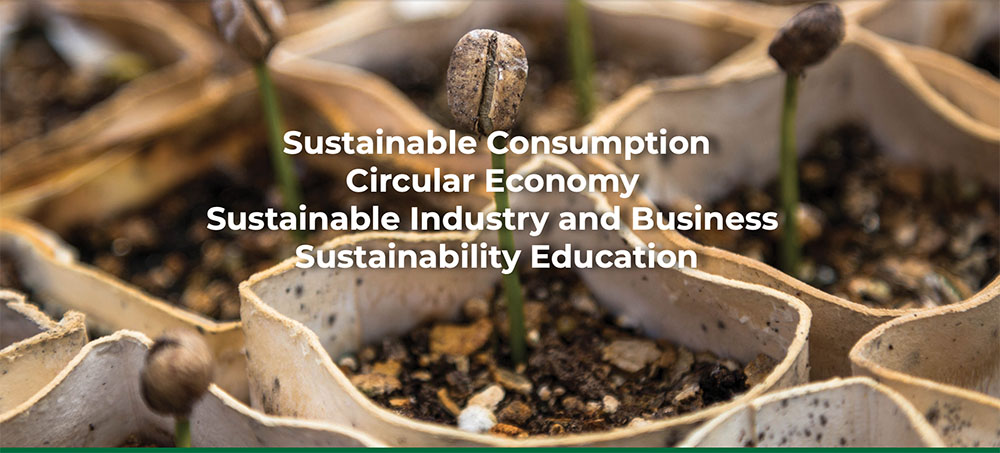
16Oct
Participation of CLIC project to the 19th European Roundtable for Sustainable Consumption and Production (ERSCP) “Circular Europe for Sustainability: Design, Production and Consumption
On 16th and 17th October 2019, Gillian Foster, researcher at the Institute for Ecological Economics of Vienna University of Economics and Business, attended the 19th European Roundtable for Sustainable Consumption and Production (ERSCP), “Circular Europe for Sustainability: Design, Production and Consumption”. The main goal of the 19th ERSCP was to encourage discussion amongst stakeholders involved in sustainable consumption and production (businesses, public institutions, universities, institutes and research centres, NGOs, SMEs, professional associations, decision-makers, etc.), favoring the exchange of thoughts, knowledge, experiences and SCP proposals as well as the creation of a European (also worldwide) community of research and practice in sustainable consumption and production.
This was the occasion to present two works developed under the CLIC project.
Gillian Foster presented a paper focused on the “Circular Economy Strategies for Adaptive Reuse of Cultural Heritage Buildings to Reduce Environmental Impacts”, showing how it is possible to revitalize neighborhoods whilst achieving environmental benefits by refurbishing and reusing underutilized or abandoned buildings, preserving at the same time the local cultural and historic characteristics that define communities. Specifically, she explained how extending their useful lifespan has multiple benefits that extend beyond the project itself to the surrounding area, contributing to economic and social development. Unfortunately decision makers lack knowledge of the environmental benefits of adaptive reuse of cultural heritage buildings as well as tools to implement these projects. To fill the gap, Gillian Foster presented a new comprehensive circular economy framework for the adaptive reuse of cultural heritage buildings to reduce environmental. This framework integrates methods and techniques from the building and construction literature that aim to reduce lifecycle environmental impact of buildings with a circular product supply chain approach.
The second work presented at the Conference was the paper “Placing Culture In An Ecological Economics Ontology Beyond A Pillar Approach (Gillian Foster and Sigrid Stagl), which defined a new model based on current ecological economics thinking, emphasizing the critical role of culture in organizing complex socio-economic systems including the economy. The new model impacts the understandings of cultural capital; the relationship of humankind to nature; and the fundamental and evolving methodologies for measuring culture’s impacts in a transition to a sustainable economy. From this perspective Gillian Foster discussed on circular economy to illustrate how this new model may be applied.
